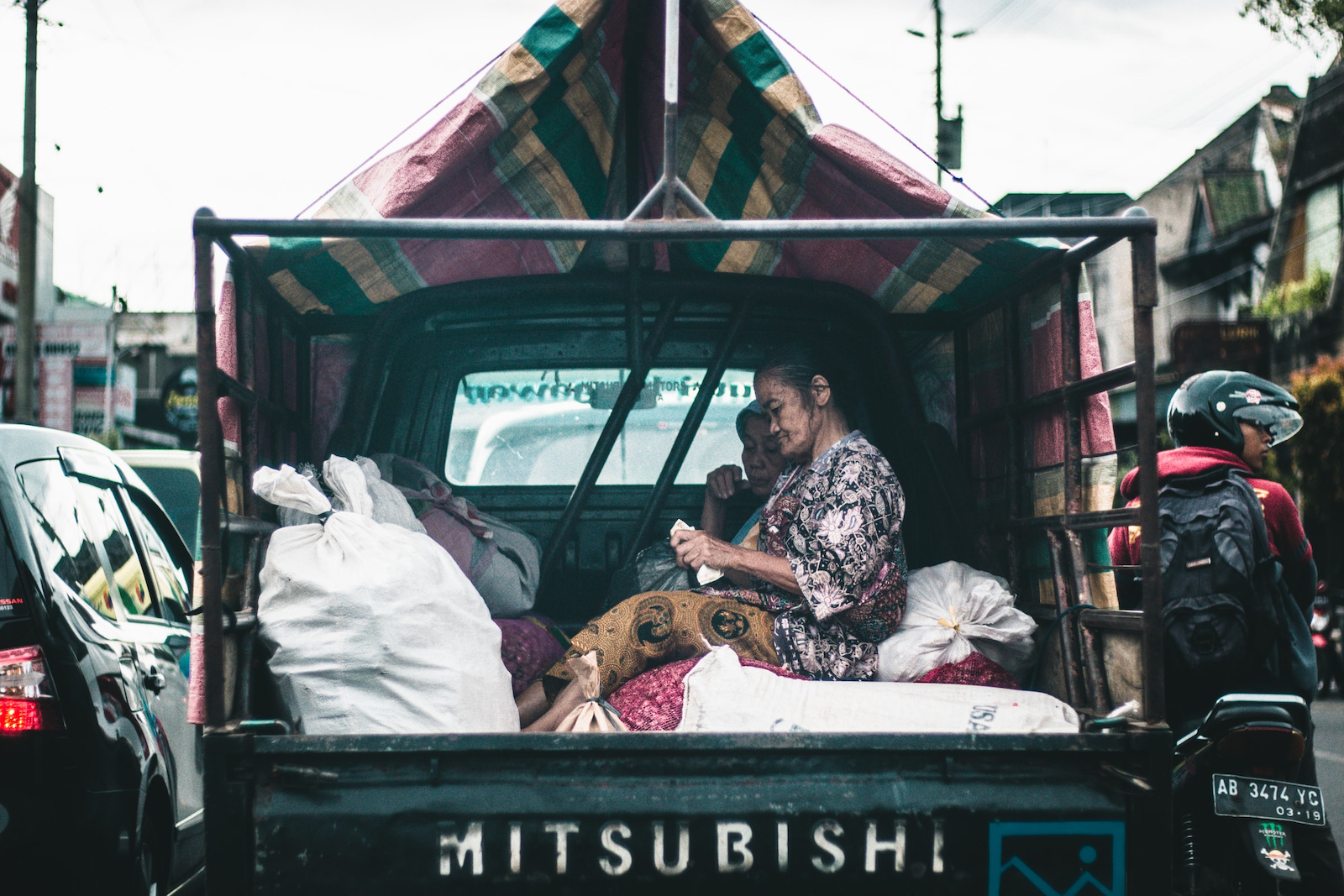
The Importance of Early Warning Systems in Counterterrorism
The United Nations issued the “Plan of Action to Prevent Violent Extremism” on December 24, 2015. This was preceded by UN Security Council Resolution No. 1325, issued more than two decades ago in 2000, focused on women, peace, and security.
All nations, including Southeast Asian governments, have increased their counterterrorism efforts, which include measures to prevent women from being exploited for terrorism-related activities: many governments, including Indonesia, and non-government organizations (NGOs) run active deradicalization programmes.
Looking back at the history of violence and war, women and children were, and continue to be, the main victims. Terrorist groups view women as critical components of their organizations. The number of women who support terrorism acts in Southeast Asia has seen a dramatic rise in the past five years; Indonesia is one example. Women involved in terrorist groups play multiple roles as recruiter, financier, and executor.
The perspectives of identity and family values (particularly in Southeast Asia) could help trigger an early warning when terrorist groups or extremist ideologies are spreading roots in a particular area. Southeast Asian countries are mainly patriarchal in nature and women play a secondary role in the economy or society. These factors may lead vulnerable women down a path to terrorism.
Counterterrorism efforts should also consider advances in technology and the ease with which women can access technology. In Indonesia, women involved in terrorist acts have used technology and the Internet to execute their plans.
The race is now on to understand why women would want to join extremist groups and how to help protect women from being exploited.
The current hard approach to counterterrorism that emphasises security and law enforcement has worked very well in most Southeast Asian countries. However, this should go hand-in-hand with a soft approach that focuses on deradicalization and disengagement.
The lesson from Indonesia is that a number of those convicted do not want to go through the deradicalization process. Deradicalization done after the fact is ineffective.
We need to have early warning indicators and systems to alert us when environments are created in which women are vulnerable to be exploited by radical groups. It does not require in-depth data for us to start analyzing the strengths, weaknesses, opportunities, and threats in particular states or regions. From the historical data on women who join certain groups, we can designate causes, red flags, and contributing factors.
I have yet to see any evidence of any involvement of independent researchers, academicians, sociologists, psychologists, religious leaders, ethnic leaders, financial institutions, and even technology companies in brainstorming about this issue. Why does it matter? Because it is not easy to re-shape the ideology of someone who has been radicalized. The level of failure can be high as women in Southeast Asia depend largely on the community or society to shape their thinking.
The involvement of people from multiple industry backgrounds could be beneficial in expanding the analysis and communication on women who are active targets for terrorist groups. The early warning indicators and systems can be brought to reality.
The goal is simple: to identify elements as red flags or key risk indicators in particular states or regions, that would show heightened probability of women of any age being exploited or influenced by extremist groups.
Key performance indicators are critical to show that our actions to counter terrorism involving women are on target. We must fight now to successfully help women from being exploited or radicalized, even those who have been influenced by extremist ideology.
Nothing should be allowed to come in the way of protecting vulnerable women from being exploited and brainwashed by extremist groups. I never thought that I would need to express my concern about this issue.
Risk appetite and counterterrorism strategies for women have to be decided on a regional level. It would be even better if representatives of all Southeast Asian countries can sit together to discuss the key elements that countries must focus on to build proper early warning indicators and systems and agree on key performance indicators.

